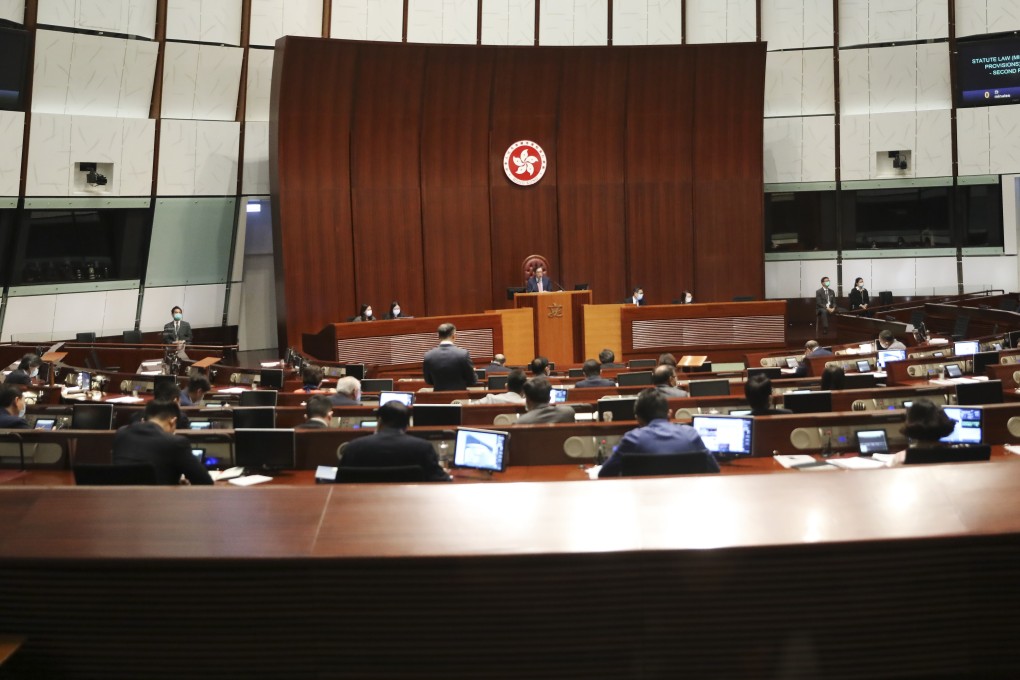Hong Kong opposition lawmakers raise stakes in impending showdown with local and Beijing governments, all threatening to quit if any among them is disqualified for filibustering
- China’s top legislative body will consider disqualifying four lawmakers who were earlier barred from contesting now-postponed Legco elections
- Four facing risk of being thrown out of Legco are Civic Party’s Alvin Yeung, Dennis Kwok and Kwok Ka-ki, and Kenneth Leung of the Professionals Guild, source says

Hong Kong’s opposition lawmakers have raised the stakes in an impending showdown with the local and Beijing governments by threatening to resign all at once if anyone among them is disqualified over filibustering in the legislature.

01:14
Hong Kong opposition lawmakers threaten to resign en masse
“We have decided that we will resign en masse without hesitation if the central government decides to push ahead with the disqualification,” Democratic Party chairman Wu Chi-wai, convenor of the pan-democrat bloc, said at a hastily arranged press briefing late on Monday evening.
“It is to demonstrate our extreme discontent and strong protest against the authorities’ ruthless attempt to trample the legislature.”
Without confirming the agenda before leaving the city for Beijing in the morning, Tam Yiu-chung, Hong Kong’s sole delegate to the standing committee, warned that opposition lawmakers’ delaying tactics since the beginning of Legco’s extended term made them unsuitable for office.